
Ukraine’s path to Nato complicated by close ties to China
Kiev passed a new law that aims to push the country closer to Europe and Nato membership. But are deepening ties with Beijing – Moscow’s close military ally – pulling the country in a different direction?
On June 21, a new law on national security passed by Ukraine’s lawmakers was welcomed as a strong step on the country’s path to Euro-Atlantic integration and eventual membership of the Nato alliance.
President Petro Poroshenko said the legislation would improve military-technical cooperation between Ukraine and Nato and reaffirms the country’s strategic pivot to the West. His government now plans to include the law in Ukraine’s constitution.

“The idea of Ukraine joining Nato has a very strong base of popular and political support,” said Ukrainian member of parliament Svitlana Zalishchuk.
“Because of our country’s security challenges, joining this alliance is even more popular than the idea of EU membership right now. For the first time we see president, prime minister and a majority in parliament all agreeing that it’s the right path.”
But as politicians and the public reaffirm their commitment to membership of the transatlantic
alliance, some observers see a challenge on the horizon: Ukraine has also become an important strategic partner for China.
Since the outbreak of war with Russian-backed separatists in eastern Donbas in 2014, Kiev has sought to build strong ties with both the West and Beijing.
At the same time, the alliance between China and Russia has grown much stronger too.
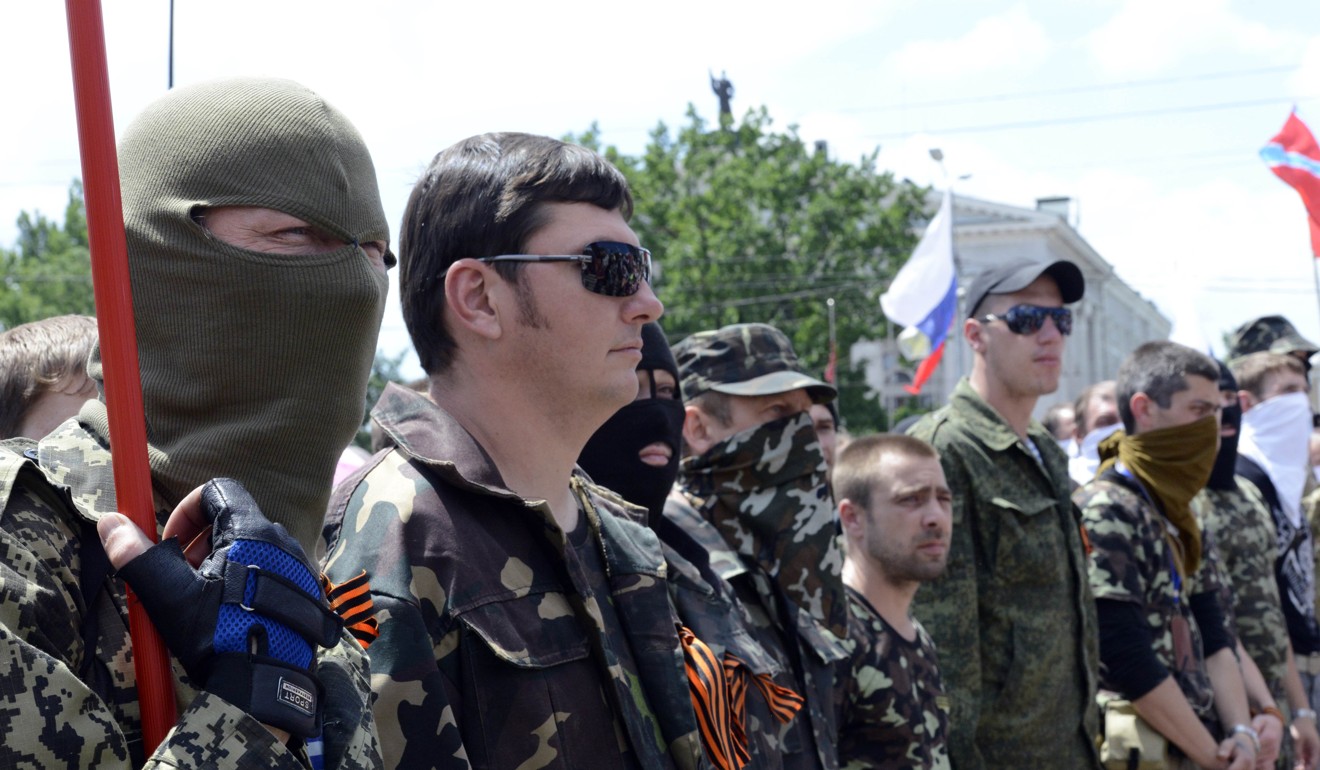
High-level meetings between Russian and Chinese leaders this year have seen ties between the two countries reach new heights: a formal military alliance, pledges to improve cooperation on the
international stage and at least US$1 billion in new, joint investments abroad.
Some analysts feel China is acting out of self-interest in Ukraine but also serving – intentionally or not – as a proxy for Russia’s agenda.
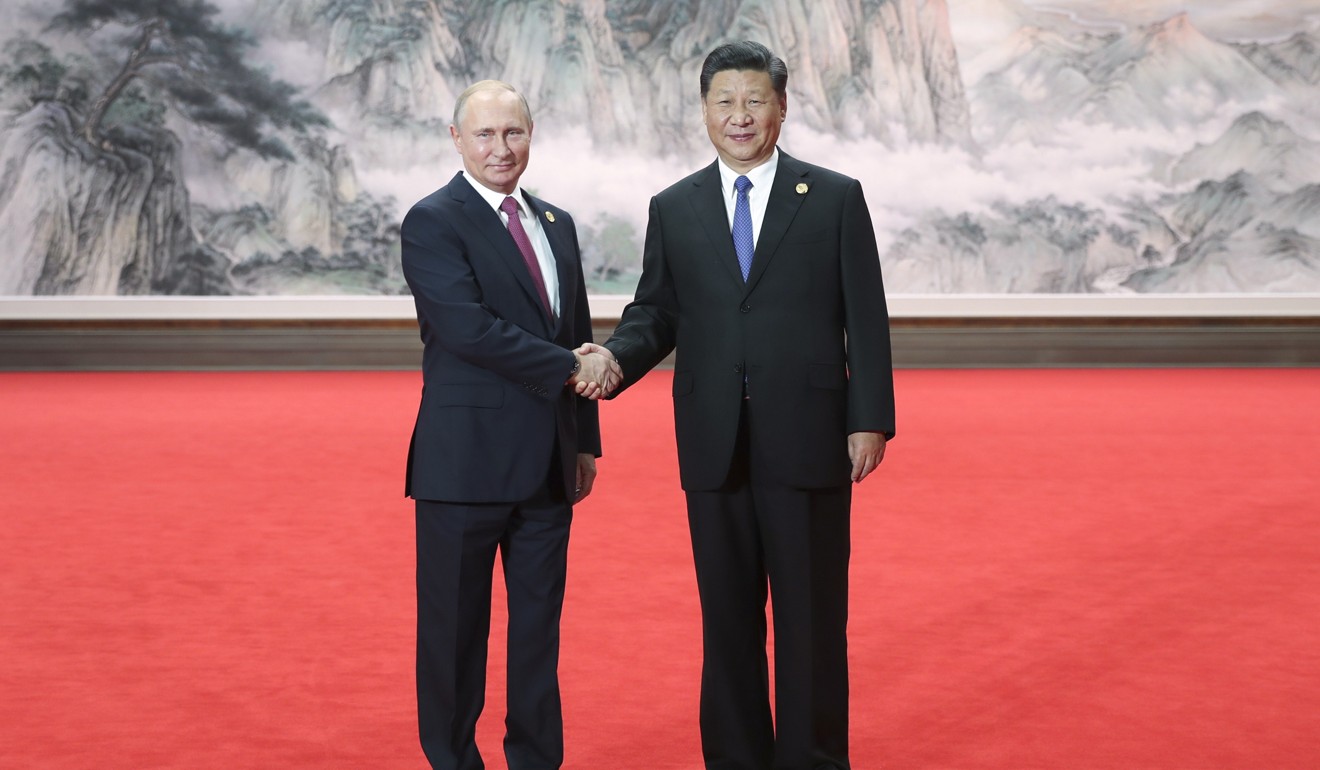
“China has a very aggressive economic strategy in Europe,” said Jack Keane, a retired US army
general and chairman of the Institute for the Study of War, in a recent interview with US think tank Atlantic Council.
“What will follow is geopolitical influence to move Ukraine away from the West.”
Ukraine currently finds itself tangled at the centre of a complicated geopolitical web, with the United
States, the European Union, China and Russia all trying to pull the country in their direction.
With Russia sidelined, China takes the lead in pushing deep into Ukraine, investing billions into
infrastructure, agriculture and energy.
But Ukrainian aerospace and weapons technology has also grabbed Beijing’s attention and state-
owned companies have been making moves.
China increasingly looks to Ukraine to help its armed forces become self-sufficient in the production of military hardware.
Another company aims to buy two Antonov An-225 Mriyas – the world’s largest cargo planes – but build them in China.
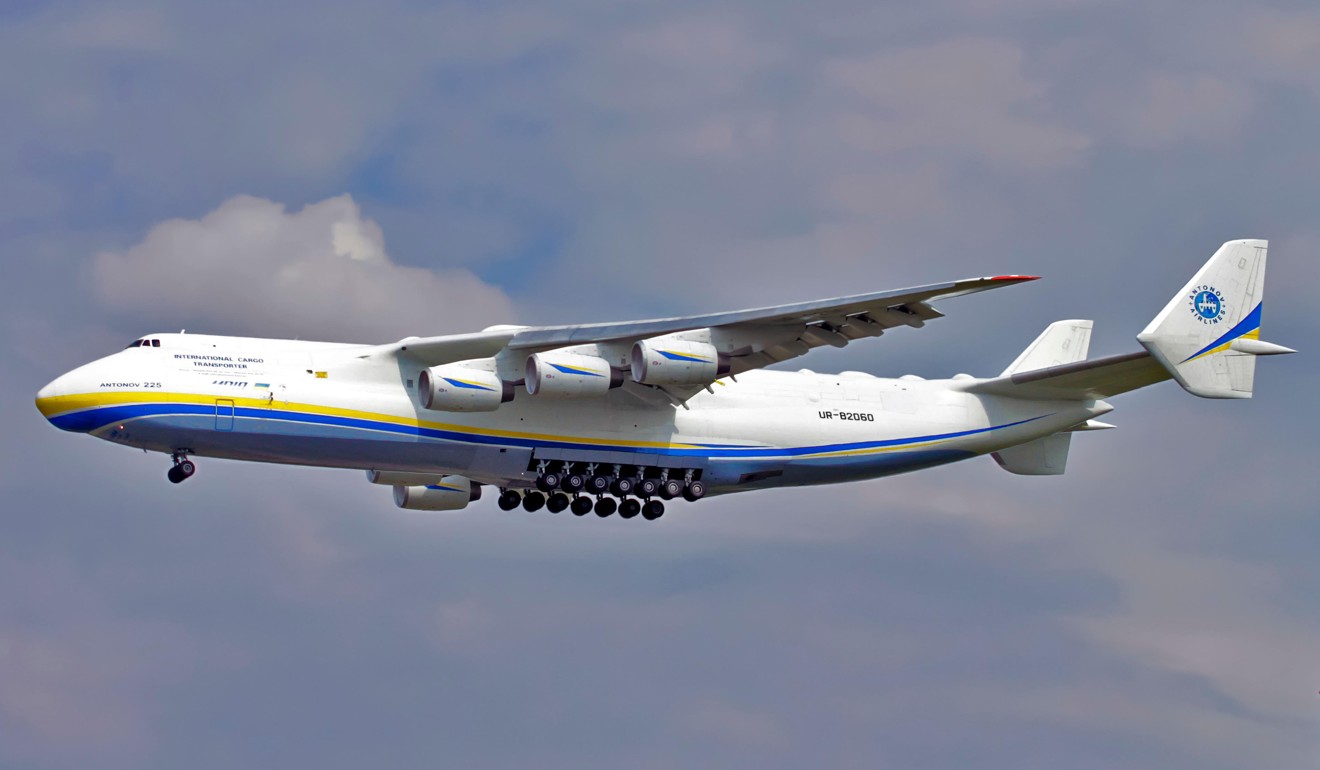
On June 20, as parliament debated the new Law on National Security, Hanna Hopko – head of Ukraine’s Committee on Foreign Affairs – highlighted growing concerns over Beijing’s move into Ukraine’s aerospace industry. She said it was damaging to Ukraine and its Nato allies.
“It’s extraordinary that we would allow a strategic partner of Moscow to acquire such sensitive and
unique technology,” she said.
“It strikes not only at the security of Ukraine but also our key partners and allies around the world, particularly in Asia.”
But on June 25, the Ukrainian government signed another law that will result in a sharp increase in the import and export of arms.
Previously permitted only for state-owned companies, relaxation of the regulations means that private firms can now cash in on the Chinese export market too.
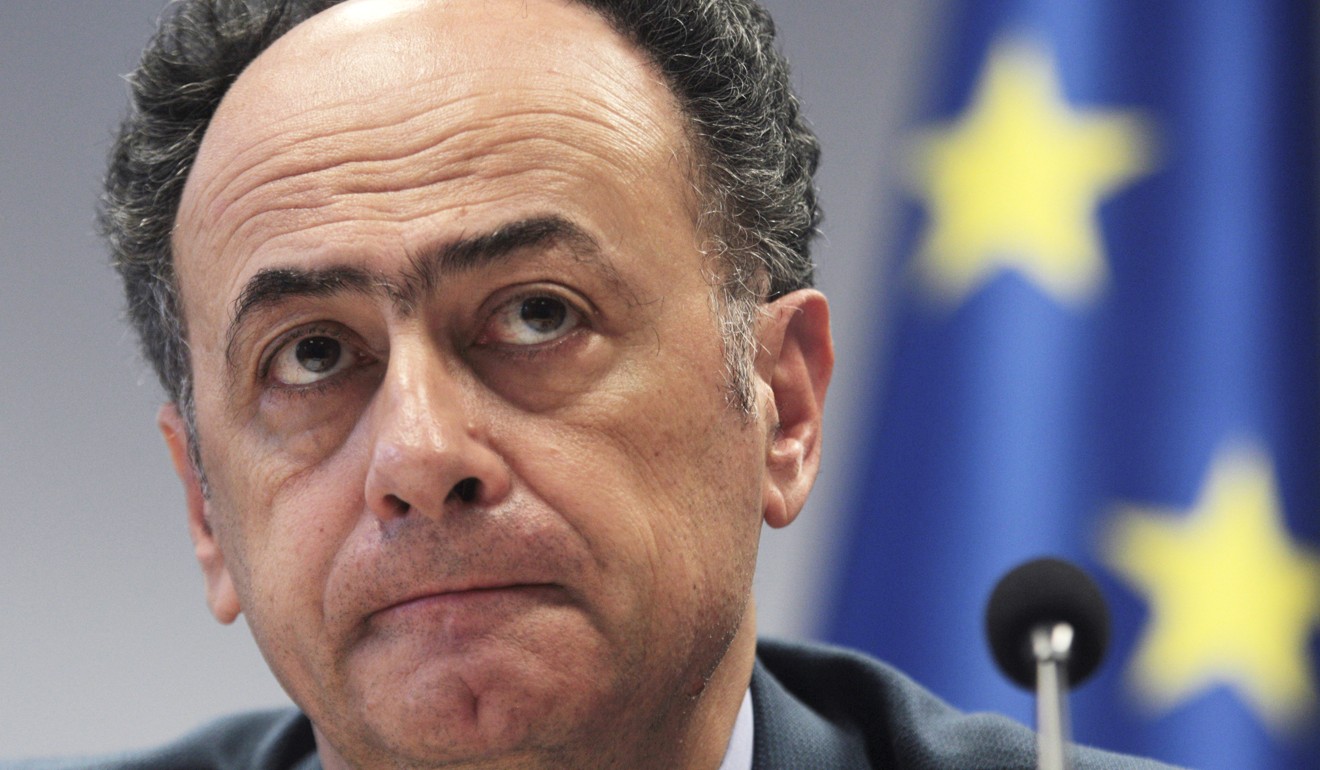
While most Nato countries have a moratorium on the sale of weapons and weapon technology to China, it has become Ukraine’s biggest market with US$100 million in annual sales.
Ukrainian parts can already be found in Chinese military hardware from fighter jets and long-range missiles and aircraft carriers.
It is a headache for Ukraine’s Nato allies who would prefer that Kiev didn’t arm the PLA. But the manufacturers, under severe financial strain, say they are acting out of economic necessity.
“In the case of Motor Sich, company bosses there say that they’re doing what they need to do in
order to protect Ukrainian jobs,” said the EU’s Ambassador to Ukraine Hugues Mingarelli.
Chinese investors had pledged to invest US$250 million into Ukrainian factories.
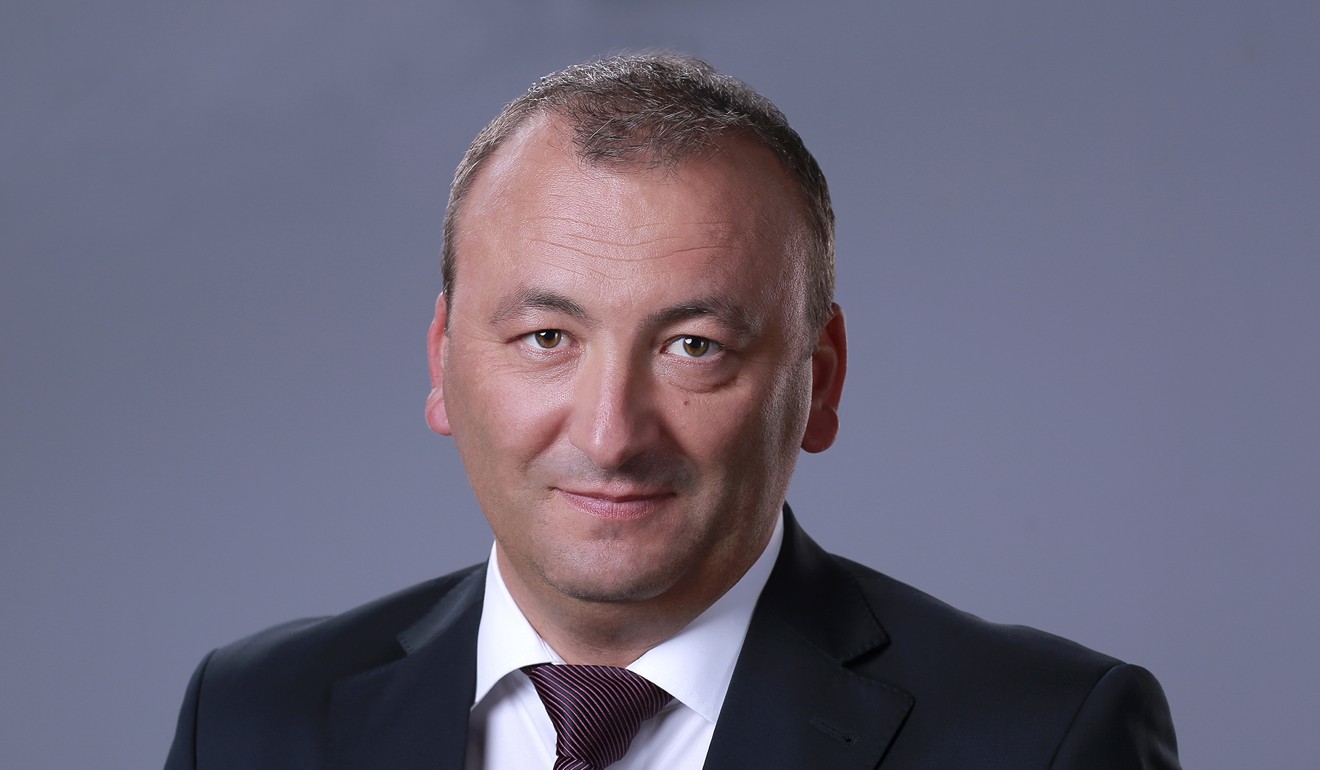
According to Vasyl Filipchuk, a Ukrainian diplomat and head of the International Centre for Policy Studies, China is acting in its own self-interest.
He said Ukraine should be open to any and all foreign investment, but be stronger and focused on the national interest.
“To see Motor Sich taken over or Mryia aircraft being built in China would be a shame,” he said.
“But this would be a sign of Ukrainian weakness and our corruption as opposed to Chinese aggression.”
Svitlana Zalishchuk, Ukrainian MP, said China and Russia – no matter their motives – will not distract Ukraine from its Euro-Atlantic aspirations.
“We have a complicated relationship with China and we see the strategic partnership they have
with Russia,” she said.
“But the path that Ukrainian people have chosen and that we’re focused on, is moving closer to Europe and Nato.”
